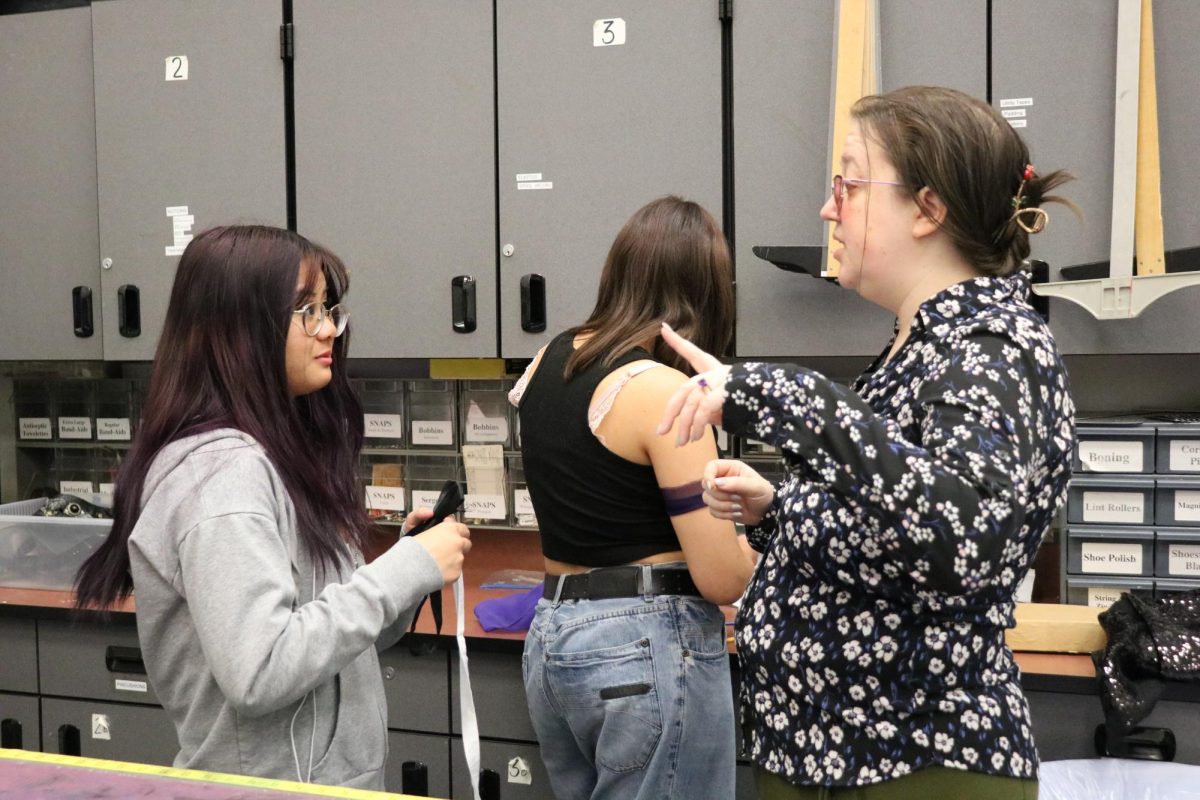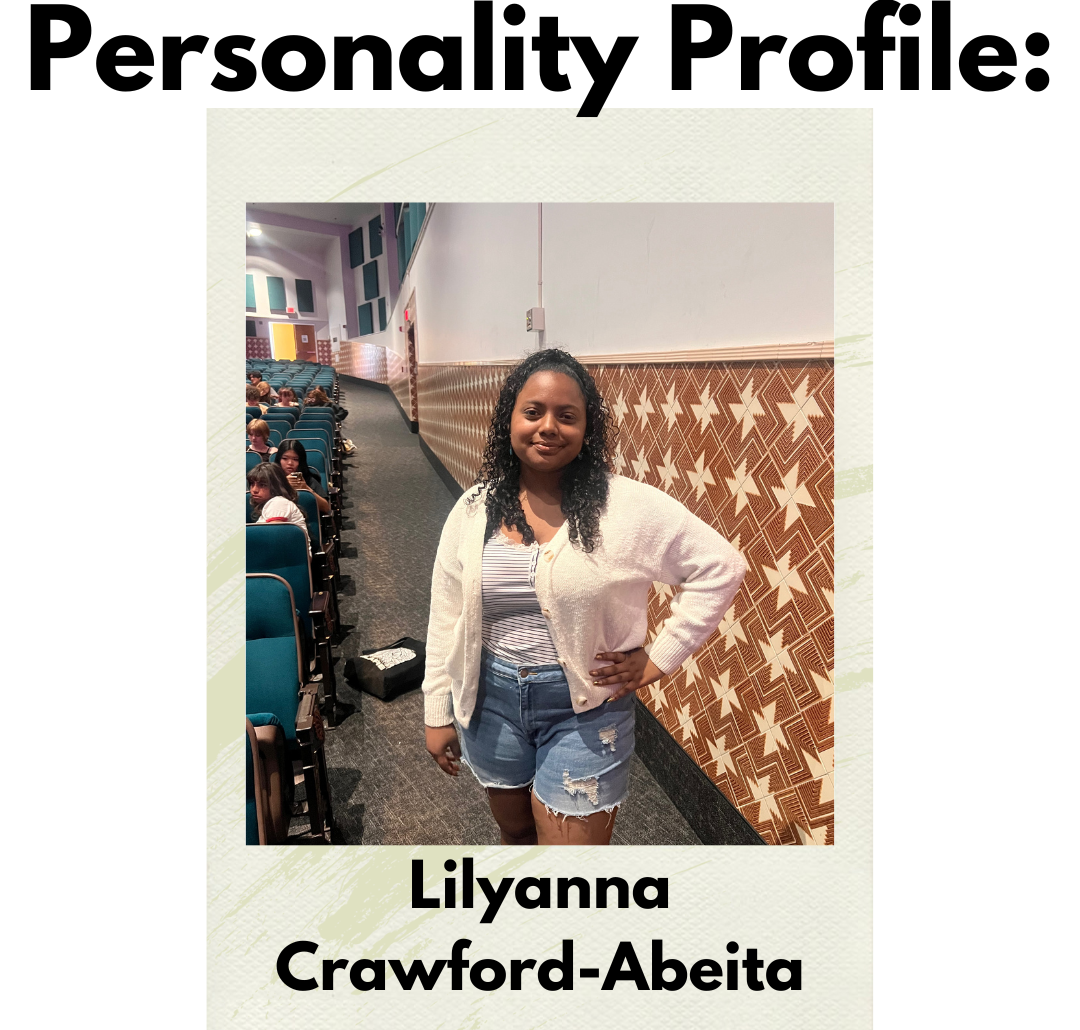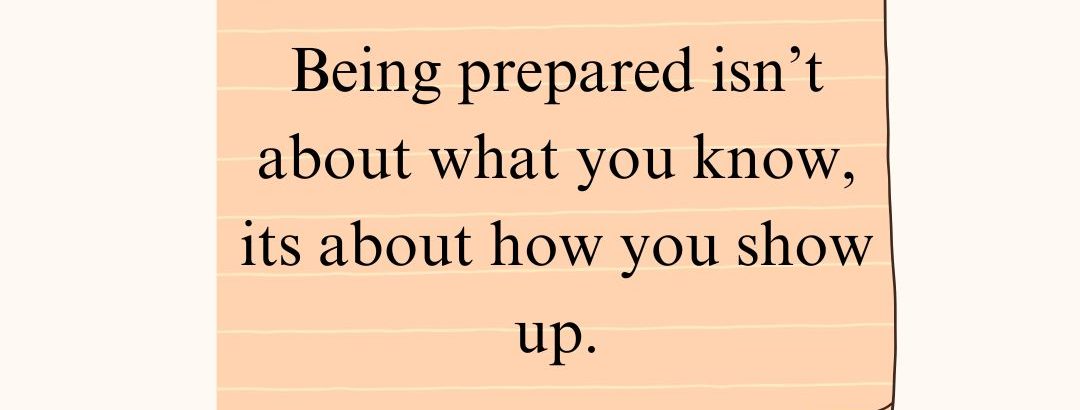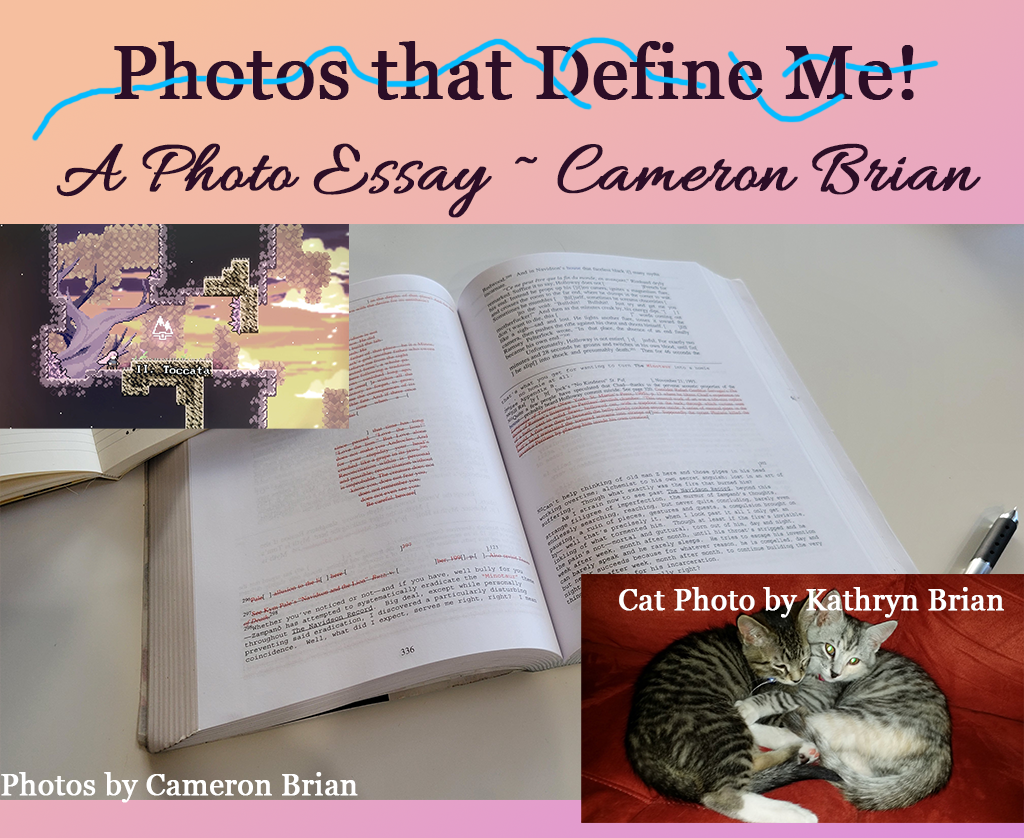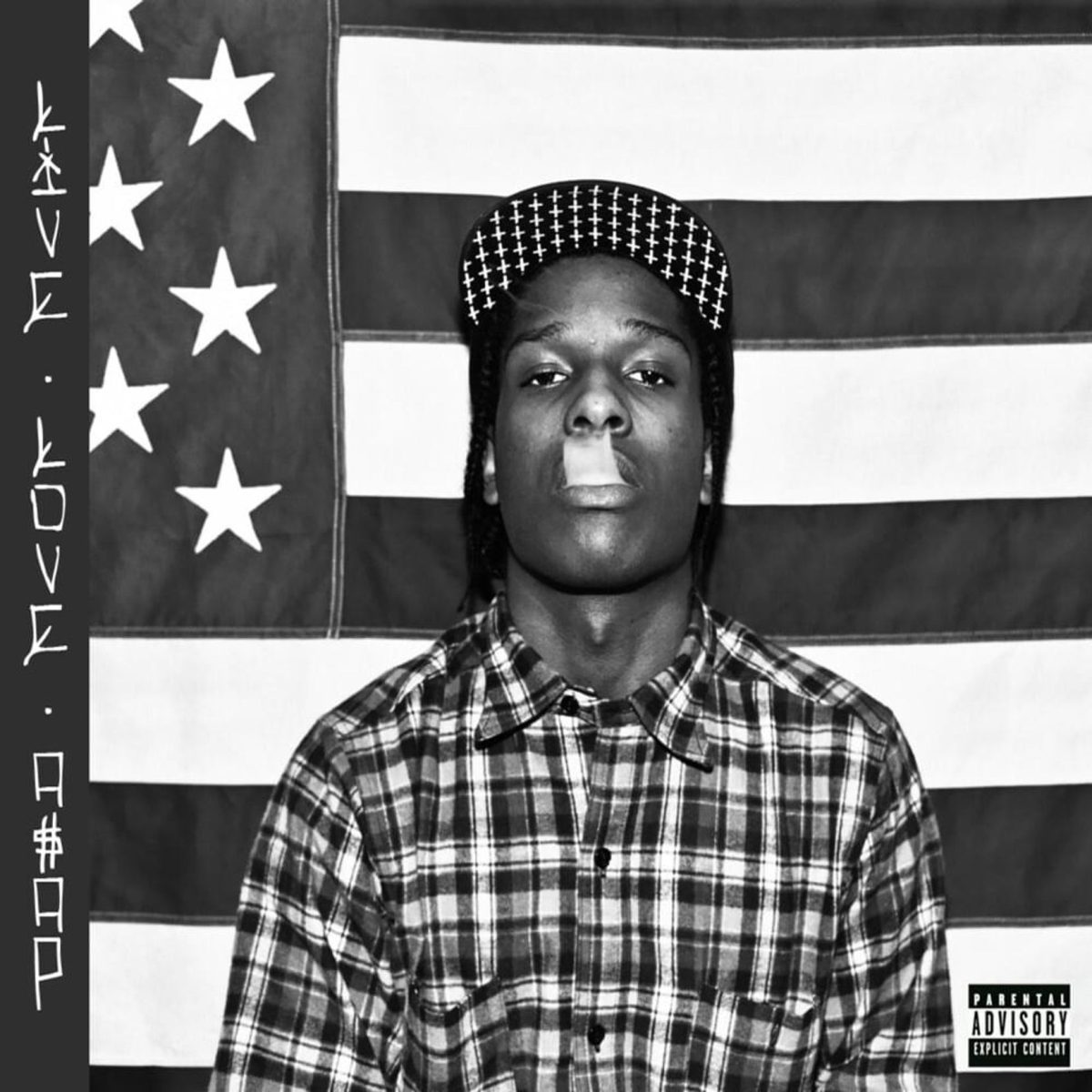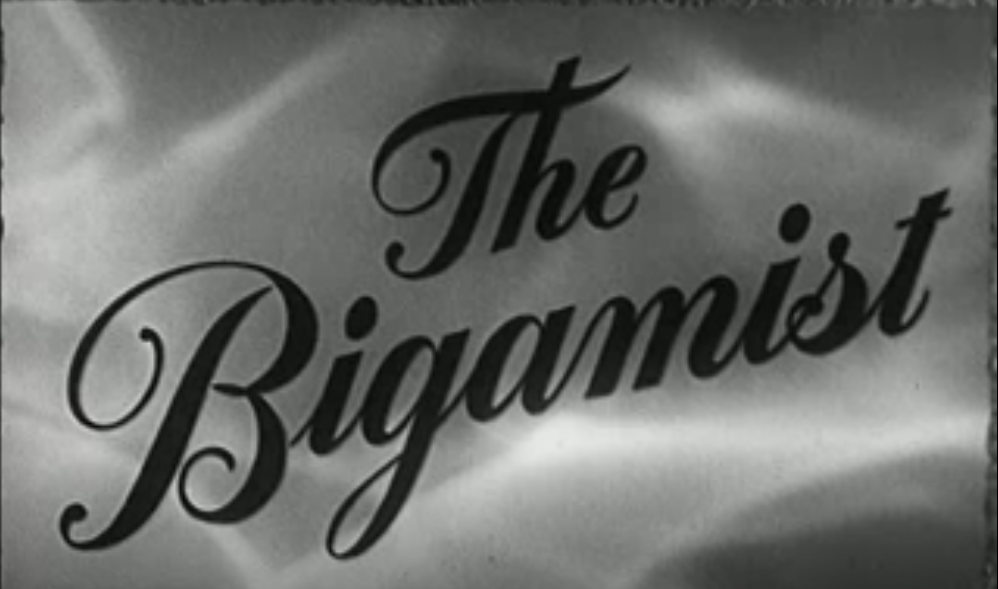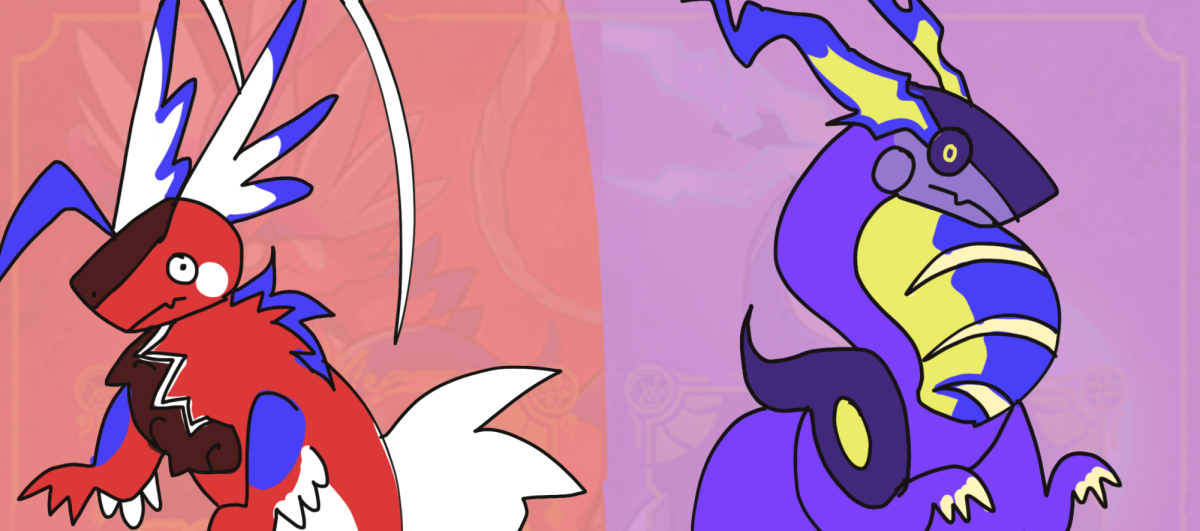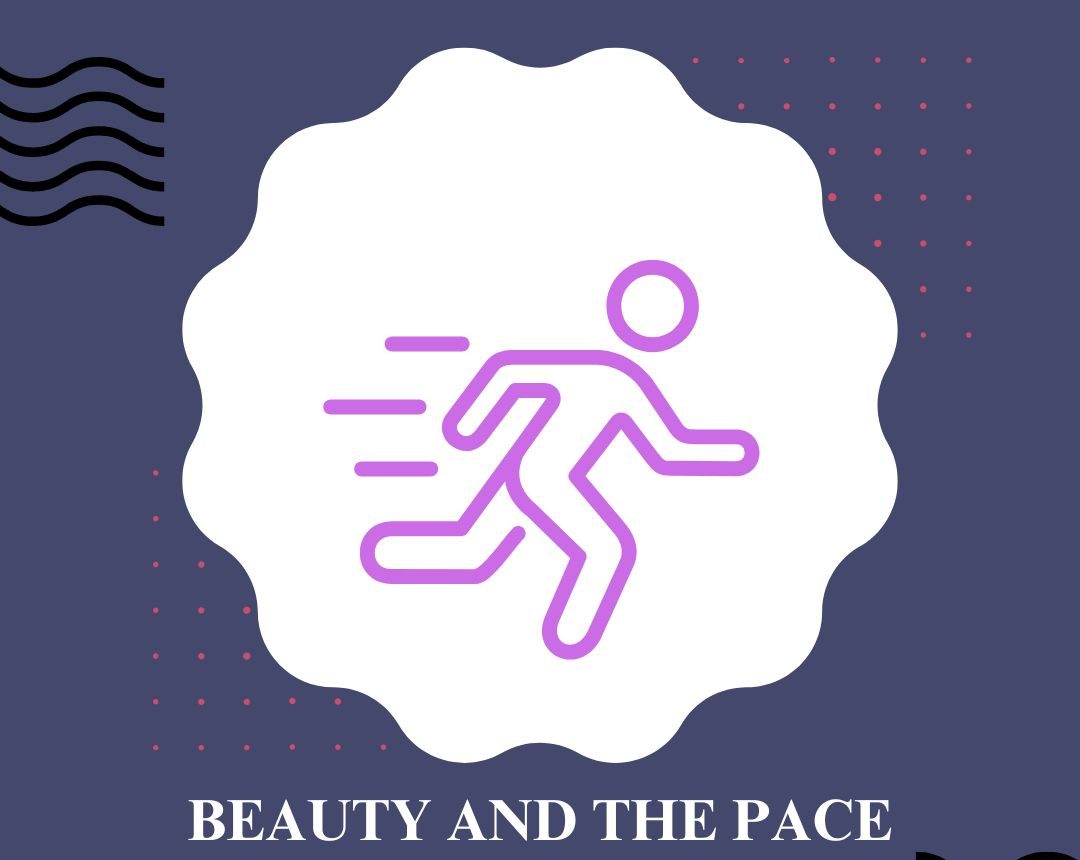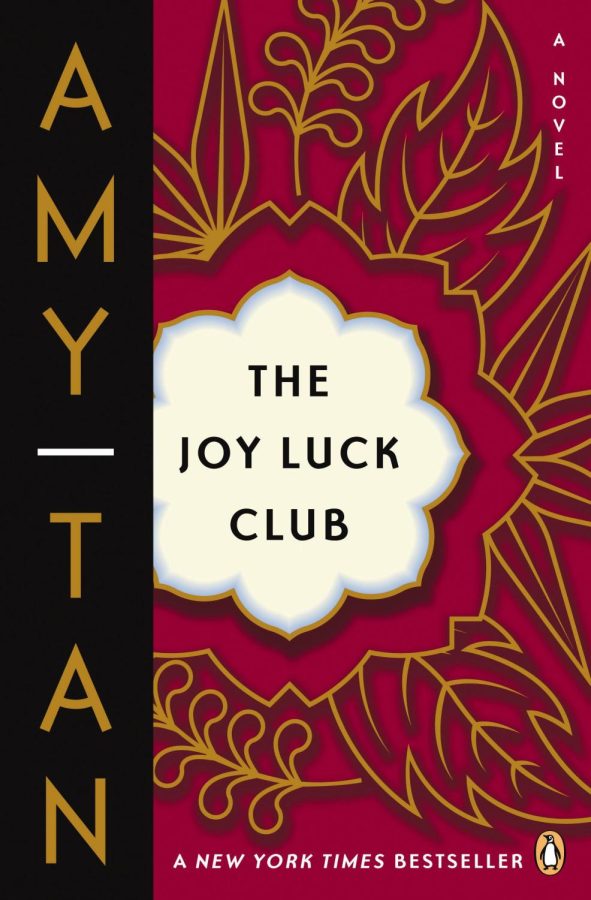Review of The Joy Luck Club
November 15, 2022
(I know this book is required reading for some, but I’ve never had to read it for school. I think having the choice to read something makes it more fun. This applies to anything you’re forced to do in school.)
The Joy Luck Club is about four Chinese-American daughters of Chinese immigrants in the 1970s, looking back on their lives. The titular Joy Luck Club is a club these four mothers founded where they eat, play mahjong, and share stories. After her mother dies, Jing-Mei Woo is told she must fill in for her. It then switches to the mothers’ perspectives of their lives back in China, a signifier of many more stories in the book. The Joy Luck Club stood out as the benchmark of Chinese-American literature at the time, and I think it still holds up very well.
The daughters’ struggles with their mothers overlap with the mothers’ own grief. The story is very delicately told in rich prose and is very sad at times. You can see the way the mothers treated their daughters stems from their own experiences as girls. In this way, it’s about generational trauma and how it’s passed on inseparably. For starters, Jing-Mei Woo learns she has two older sisters her mother had to leave in China during the Japanese raids. There are layers of pain these women had to endure that their daughters can’t understand. We as readers see the suffering and might think of the daughters as ungrateful or privileged for resenting them. If you have immigrant parents, you might be able to identify with the daughters’ frustration and longing to understand their parents, too. As a Chinese adoptee, I similarly feel that disconnect with Chinese culture.
One criticism I have heard is that the voices are hard to distinguish from each other. Personally, I didn’t find that it hindered my reading at all. The book comes in a series of short stories told in a different perspective by the mothers and daughters, so that may throw some people off. Luckily, I like short stories. Out of all the multiple-perspective stories I’ve read, this one is probably my favorite. Very nearly cathartic. I want to touch on another point I’ve heard as well: I’ve seen reviewers criticize the book for not being able to relate to the characters because they weren’t Chinese daughters of immigrants. To that I say, “What do you think the point of this book is?!” If this book was a broad generalization about every person’s struggle to connect with their parents, what would the identity of the book be then? I think book reviewers need to expand the diversity of their reading horizons some more, instead of reading about more boring, troubled men in their mid-thirties. (Yes, I’m bringing that back.)
Rating: 8.5/10


